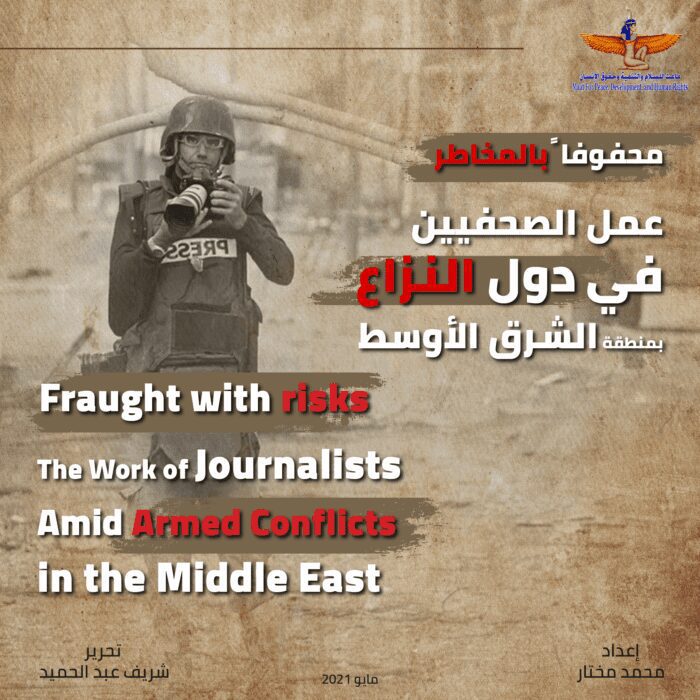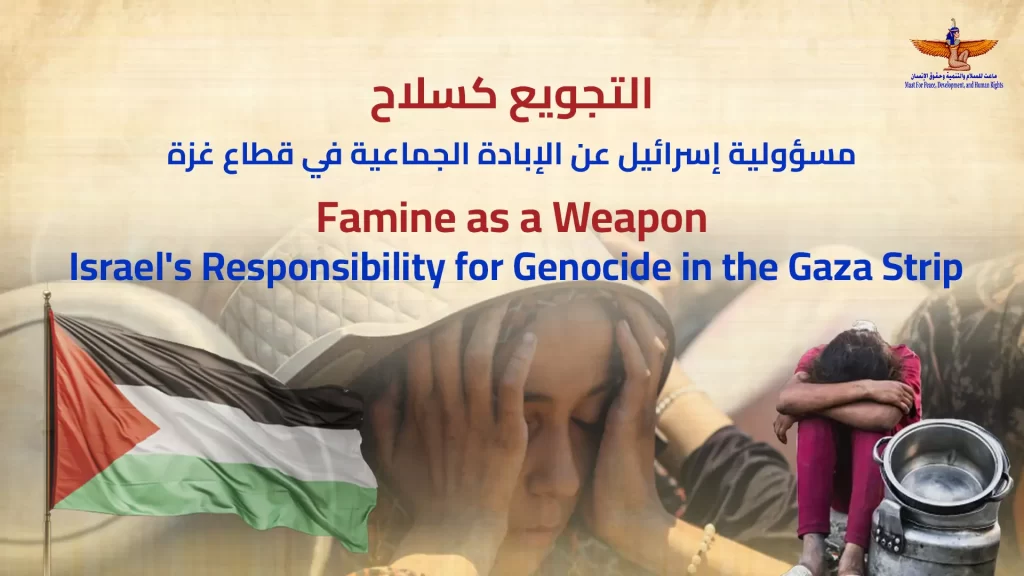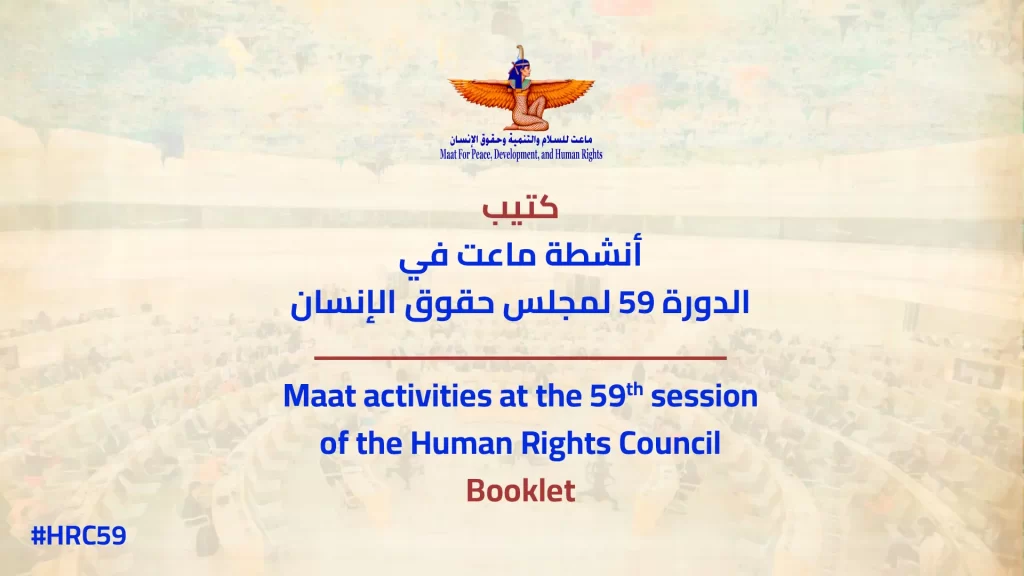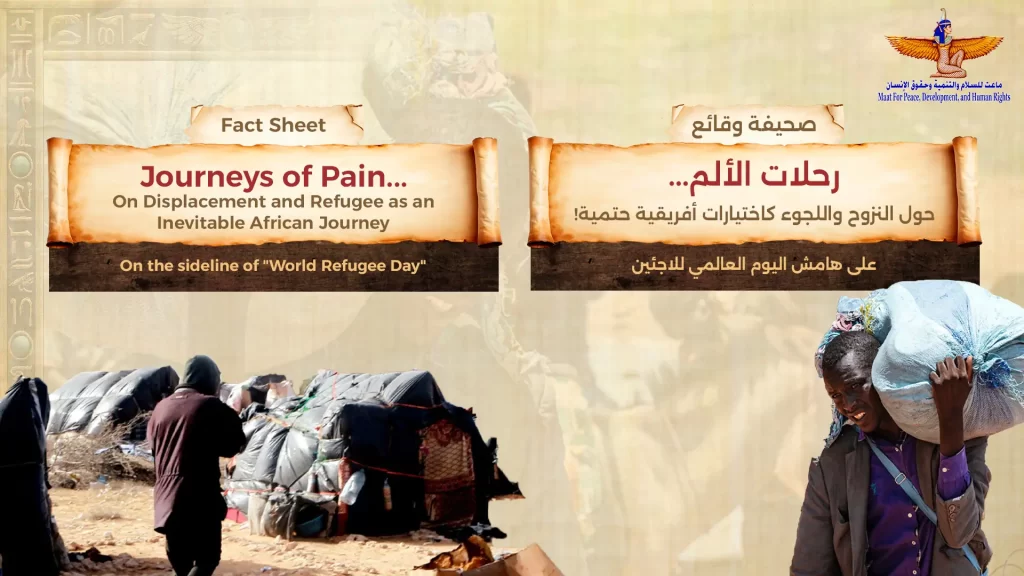Introduction
Journalists in the countries plagued with conflicts in the Middle East are subjected to unspeakable human rights violations. They face arbitrary arrests and unfair trials, including politicized death sentences. Defamation campaigns and death threats are also rife. Journalists are subjected to harassment and physical assaults while doing their jobs and covering the crises that citizens are going through in those countries. Journalists play a role in uncovering the truth and holding parties to conflict accountable for violations committed in these armed conflicts. All the warring parties in these areas, including governments and armed groups, imposed their control over press freedom. They muzzle the voices of independent journalists who uncover the human rights violations. The conflict parties practice intimidation against journalists and media professionals in the absence of accountability. Impunity for crimes has also become the norm. The press and journalists are facing great danger in conflict countries in the Middle East. Journalists cannot do their work in a safe, free, and transparent environment. The Middle East’s main countries plagued with conflicts are Syria, Libya, Yemen, Iraq, and occupied Palestine, and these countries are classified as the most dangerous places to work for journalists worldwide.
Human rights estimates indicate that journalism in crisis and conflict-affected areas in the Middle East is very risky and hazardous, especially when they report on militias and armed group violations, particularly in absence of human rights charters or treaties stipulated by international law to protect citizens. For example, Reporters without Borders' 2021 report on freedom of the press worldwide indicates the low levels of press freedom in conflict countries in the Middle East. It stat that occupied Palestine ranks number 132, Iraq 163, Libya 165, Yemen 169, and Syria 173 out of 180 countries . Press freedom becomes the weakest in armed conflicts in the Middle East.
In Palestine, violations by the Israeli occupation forces against journalists have dramatically escalated. The journalists reveal the ongoing crimes committed by the Israeli occupation forces, the most important of which are the process of Judaizing Jerusalem, demographic change, and the displacement of citizens. These violations varied between arbitrary arrests and cases of physical assaults and the prevention of journalists from reporting on the human rights violations that accompany the confiscation of press equipment and materials. Human rights estimates indicate that the Israeli occupation government committed about 215 violations of media freedoms during the year 2020 . In Iraq, the situation is not much better; militias and armed groups targeted and threatened journalists due to their journalistic work. That forced many journalists to leave the media work for fear of reprisals by these groups. Meanwhile, a human rights report recorded 305 violations against Iraqi journalists and media institutions during the year 2020 .
Armed groups and factions target Syrian journalists, which puts them at risk. They behave as if they are government authorities, and increase the kidnapping and threat of media activists and journalists. Human rights estimates indicate that all the conflicting parties committed violations against media professionals during 2020. The armed factions of the Turkish government in northeastern Syria and the Hay'at Tahrir al-Sham movement committed 100 violations of the right of journalists and more than 15 attempts and murders . Moreover, in Yemen, the Houthi group topped the list of perpetrators of violations against journalists, as it arrests journalists and issues sentences against them that reach the death penalty. In the context of politicized trials that lack the legal rules and procedures for a fair trial. Some human rights reports also document 143 violations of press and media freedoms in Yemen; the politically contested parties committed them .
In Libya, personal attacks on journalists are increasing, as armed militias threatened journalists and media professionals. The conflicting parties do not want to guarantee the minimum freedom of the press, but rather each party tries to impose its control over the various means of press expression. Journalists in conflict countries in the Middle East pay the price for all these human rights violations, as they are the weakest in armed conflicts. In light of the above human rights violations, Maat for Peace, Development, and Human Rights discusses the state of press freedom in Yemen, occupied Palestine, Iraq, Libya, and Syria. These are countries of political conflict in the Middle East in which there are many armed parties, especially non-state actors and terrorist and jihadist movements. These parties are working to silence journalists' mouths through various methods of intimidation and intimidation, including verbal threats and physical attacks, murder, attack the media headquarters, arbitrary arrests, and kidnappings, in addition to the issuance of judgments based on unfair trials.
![]()
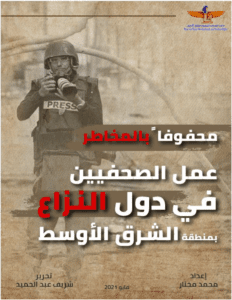 |
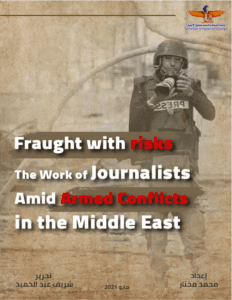 |
shortlink: https://maatpeace.org/en/?p=33057


